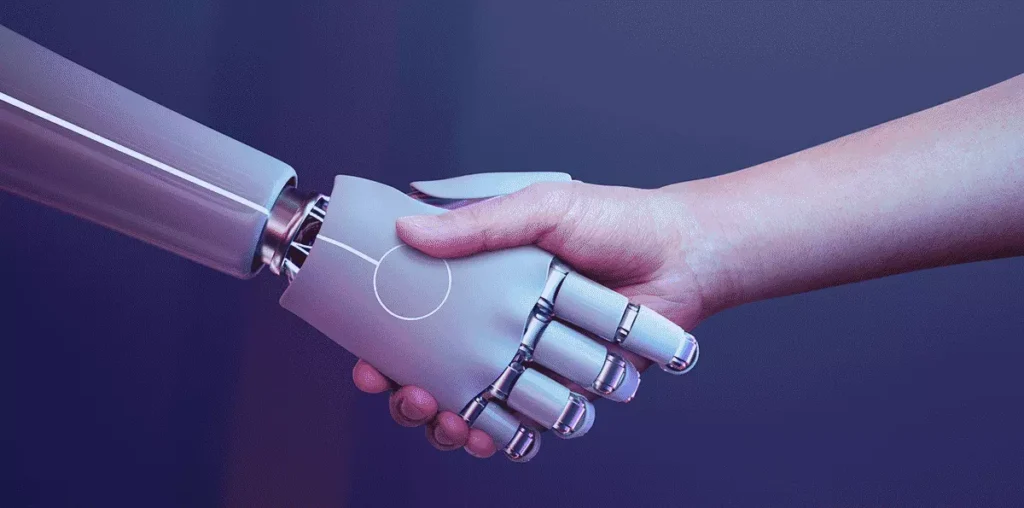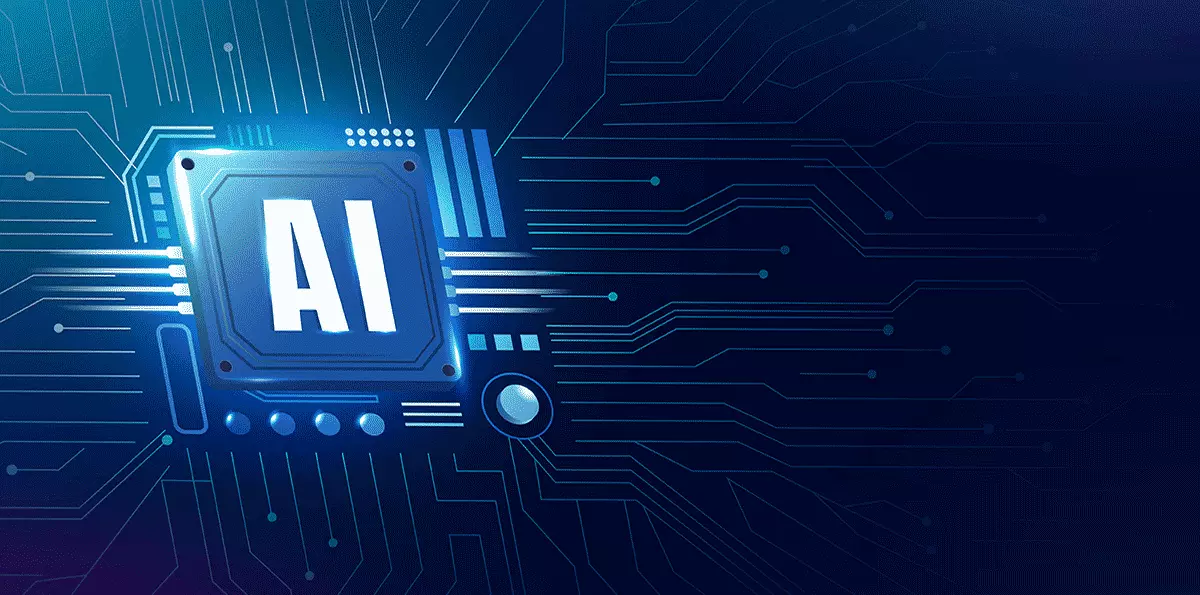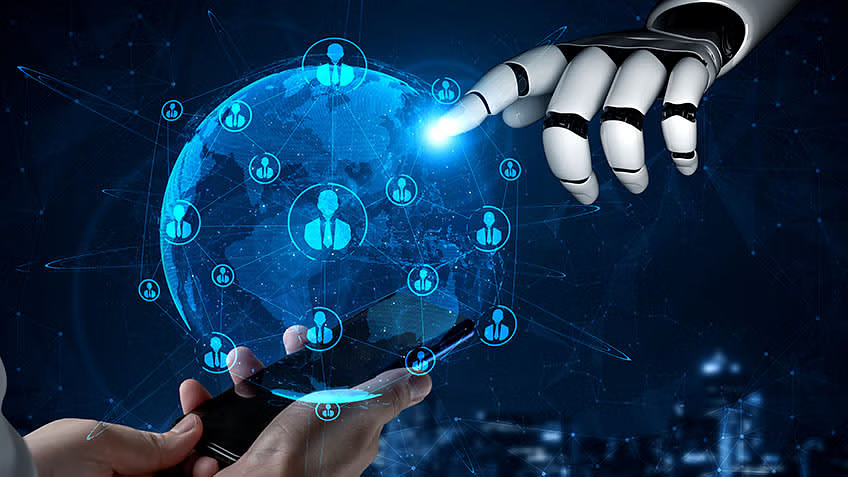Introduction
In today’s rapidly evolving digital landscape, the demand for skilled IT professionals is higher than ever before. As businesses strive to stay ahead of the competition and drive innovation, finding and attracting top talent has become a critical challenge. Traditional recruitment methods often fall short in meeting the demands of the modern workforce, leading organizations to explore innovative solutions. Enter AI-powered recruitment tools – a game-changer in the world of IT staffing. In this comprehensive guide, we will explore the various aspects of AI-powered recruitment tools, their impact on IT staffing, and how organizations can leverage them to build high-performing teams.
Understanding AI-Powered Recruitment Tools
AI-powered recruitment tools leverage artificial intelligence (AI) and machine learning (ML) algorithms to automate and optimize various aspects of the recruitment process. These sophisticated tools can perform tasks such as candidate sourcing, screening, selection, and engagement with a level of efficiency and accuracy that far surpasses traditional methods. By harnessing the power of AI, recruiters can streamline their workflows, identify top talent more effectively, and make data-driven hiring decisions.
How AI will evolve the recruiter role

Whenever artificial intelligence is starting to be used in an industry, the efficiency and productivity gains it delivers always raise the question: will employees be made redundant because of this technology?
However, AI has its limits–it is mainly useful in the reduction of repetitive tasks. This includes responsibilities like sorting through candidate resumes, entering duplicate candidate information across software or in form creation, and even onboarding sessions.
So recruiters shouldn’t expect to be replaced by AI. What’s more likely is that recruiting agents will decrease the time spent on manual tasks. This will free up more time and opportunities for the responsibilities technology can’t take on. For example, AI can’t develop relationships, communicate empathy, or negotiate. These are the areas where recruiters will have more time to invest as AI technology becomes more common.
What does a AI-powered recruitment tools do?
1. Candidate Sourcing
AI tools can search through large databases, social media platforms, and job boards to identify potential candidates that match specific job criteria. They can automate the process of finding and attracting talent by using algorithms to match candidates’ profiles with job descriptions.
2. Candidate Screening
These tools can analyze resumes and application forms to shortlist candidates based on predefined criteria such as skills, experience, and qualifications. They can also use natural language processing (NLP) to assess the content and context of resumes, reducing the time spent on initial screenings.
3. Predictive Analytics
AI-powered recruitment tools use predictive analytics to forecast a candidate’s potential success in a role by analyzing historical hiring data and current market trends. This helps in making data-driven decisions about which candidates are likely to perform well and stay longer with the company.
4. Candidate Engagement
Using chatbots and virtual assistants, these tools can interact with candidates in real-time, providing them with information, answering queries, and guiding them through the application process. This improves the candidate experience by offering timely and personalized communication.
By standardizing the evaluation process and focusing on objective data, AI-powered recruitment tools can help reduce unconscious bias in hiring. They ensure that decisions are based on skills and qualifications rather than subjective judgments.
6. Interview Scheduling
AI tools can automate the scheduling of interviews by finding mutually convenient times for candidates and interviewers, reducing the back-and-forth communication typically involved in setting up interviews .
7. Job Description Optimization
These tools can analyze job descriptions and suggest improvements to attract more suitable candidates. They can identify keywords and phrases that resonate with target candidates and optimize the language to be more inclusive.
8. Integration with HR Systems
AI-powered recruitment tools often integrate seamlessly with existing HR systems, such as applicant tracking systems (ATS) and human resource information systems (HRIS). This integration helps streamline the recruitment process and ensures a smooth flow of candidate data .
By automating repetitive tasks and providing valuable insights, AI-powered recruitment tools enhance the efficiency, accuracy, and overall effectiveness of the hiring process, allowing recruiters to focus on strategic decision-making and building relationships with candidates.
External Links : (Ringover) ,(People Managing People).
The Benefits of AI-Powered Recruitment Tools

- Efficiency: AI-powered recruitment tools can process vast amounts of data in a fraction of the time it would take a human recruiter. This enables organizations to speed up the hiring process and fill critical positions faster.
- Accuracy: Machine learning algorithms can analyze candidate data and identify patterns that human recruiters might miss. This leads to more accurate candidate matches and reduces the risk of hiring mistakes.
- Cost-Effectiveness: While AI-powered recruitment tools require an initial investment, they can ultimately save organizations money by reducing the time and resources spent on manual recruitment tasks.
- Scalability: AI-powered recruitment tools are highly scalable, allowing organizations to handle large volumes of candidates without sacrificing quality or efficiency.
- Improved Candidate Experience: By leveraging chatbots and virtual assistants, AI-powered recruitment tools can provide candidates with instant feedback and support throughout the hiring process, enhancing their overall experience.
Key Features of AI-Powered Recruitment Tools

- Candidate Sourcing: AI-powered recruitment tools can search through vast databases of resumes and job postings to identify potential candidates who match the desired criteria.
- Candidate Screening: Machine learning algorithms can analyze candidate data and predict which candidates are most likely to succeed in a given role, based on factors such as skills, experience, and cultural fit.
- Candidate Engagement: Through the use of chatbots and virtual assistants, AI-powered recruitment tools can engage with candidates in real-time, providing instant feedback and support.
- Predictive Analytics: By analyzing historical hiring data and market trends, AI-powered recruitment tools can forecast future talent needs and develop proactive recruitment strategies.
- Integration with HR Systems: Many AI-powered recruitment tools integrate seamlessly with existing HR systems, allowing organizations to streamline their recruitment processes and access candidate data more easily.
Case Studies: Real-World Examples of AI-Powered Recruitment
- Google: Google uses AI-powered recruitment tools to streamline its hiring process and identify top talent more efficiently. By leveraging machine learning algorithms, Google can analyze candidate data and predict which candidates are most likely to succeed at the company.
- IBM: IBM uses AI-powered recruitment tools to improve its candidate sourcing and screening processes. By automating tasks such as resume parsing and candidate matching, IBM can reduce the time and resources spent on manual recruitment tasks.
- Amazon: Amazon uses AI-powered recruitment tools to enhance its candidate engagement and improve the overall candidate experience. By leveraging chatbots and virtual assistants, Amazon can provide candidates with instant feedback and support throughout the hiring process.
Best Practices for Implementing AI-Powered Recruitment Tools
- Define Your Goals: Before implementing AI-powered recruitment tools, it’s important to define your goals and objectives. What specific recruitment challenges are you looking to address? How do you envision AI-powered tools fitting into your existing recruitment process?
- Choose the Right Tool: There are many AI-powered recruitment tools available on the market, each with its own unique features and capabilities. Take the time to research and evaluate different options to find the tool that best meets your organization’s needs.
- Train Your Team: Implementing AI-powered recruitment tools requires training and support for your recruitment team. Make sure your team is equipped with the necessary skills and knowledge to effectively use the new tools.
- Monitor Performance: Once you’ve implemented AI-powered recruitment tools, it’s important to monitor their performance and effectiveness. Track key metrics such as time-to-fill, candidate quality, and candidate satisfaction to ensure that the tools are delivering the desired results.
- Iterate and Improve: Finally, be prepared to iterate and improve your recruitment process over time. Gather feedback from recruiters and candidates, and use that feedback to make adjustments and improvements to your AI-powered recruitment tools.
Conclusion
AI-powered recruitment tools have the potential to revolutionize the way organizations find and attract top talent. By leveraging artificial intelligence and machine learning algorithms, these tools offer a wide range of benefits, including increased efficiency, accuracy, and scalability. By understanding the key features and best practices for implementing AI-powered recruitment tools, organizations can unlock their full potential and build high-performing teams that drive innovation and growth in the digital age.
AI has revolutionized the recruitment landscape by automating tasks, improving efficiencies, and enhancing candidate experiences. The use of AI in recruitment has numerous benefits, including time and cost savings, improved candidate matching, unbiased hiring, data-driven decision-making, and ongoing improvement. As organizations strive to attract top talent in competitive markets, incorporating AI into their recruitment processes can provide a competitive edge, enabling them to identify and hire the best-fit candidates efficiently.
By recognizing the potential of AI in recruitment and embracing its capabilities, organizations can optimize their recruitment strategies, find the right talent quickly, and build high-performing teams that drive business success.
External Links : Read more on Ringover (Ringover).




